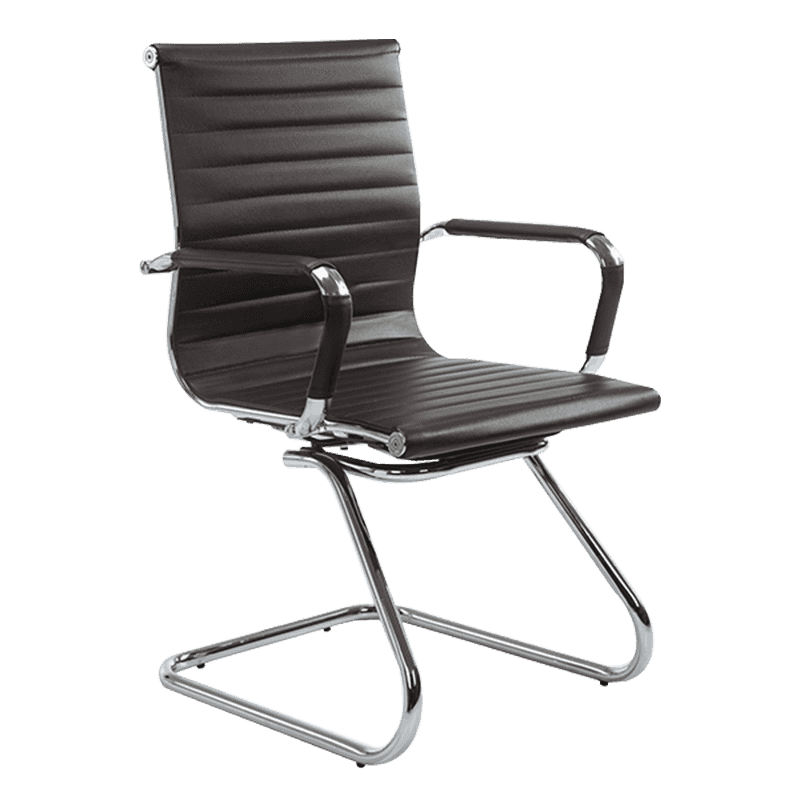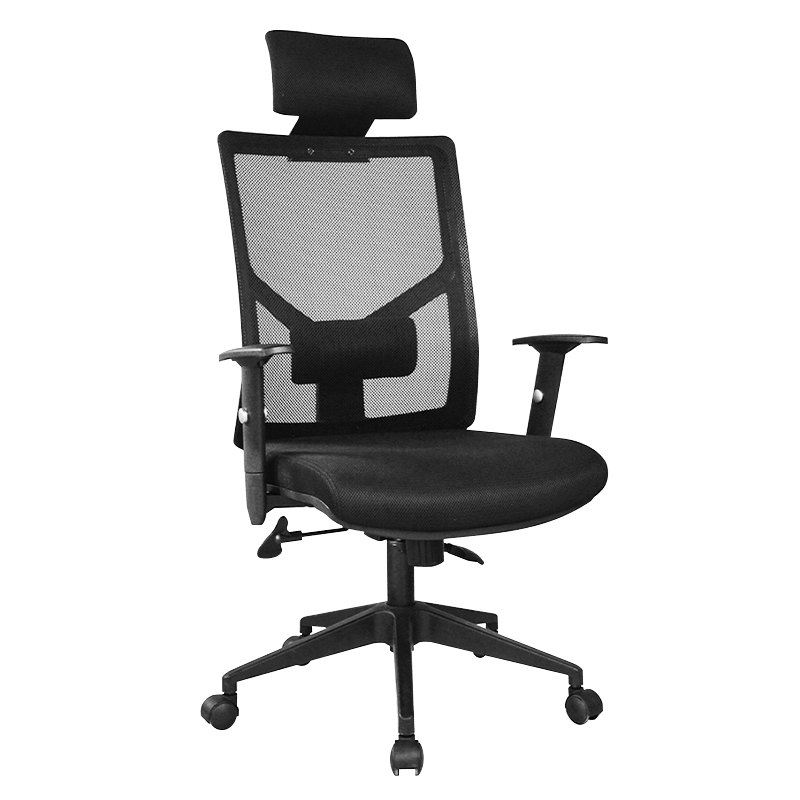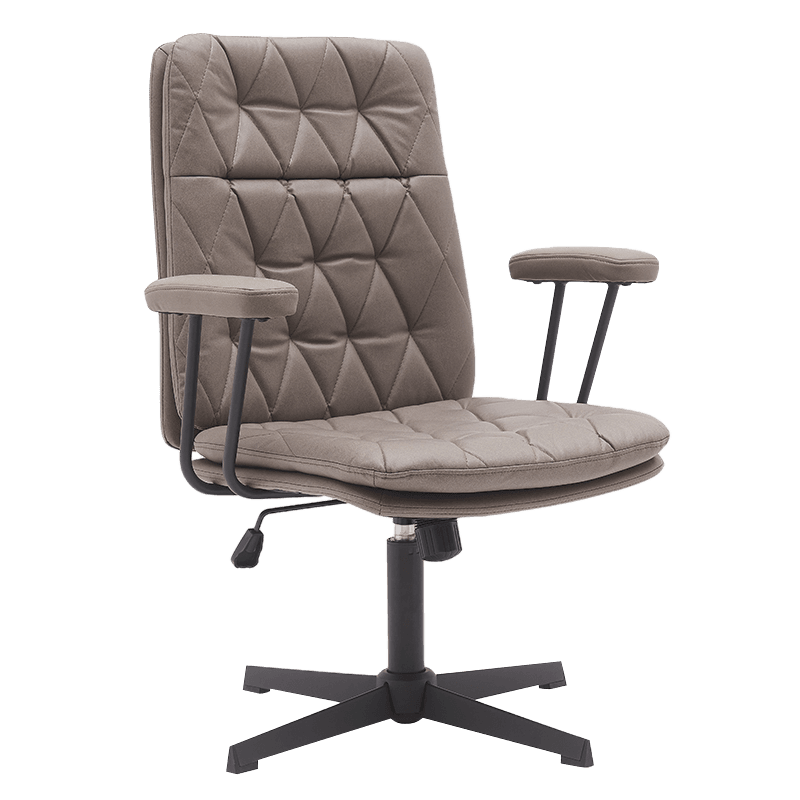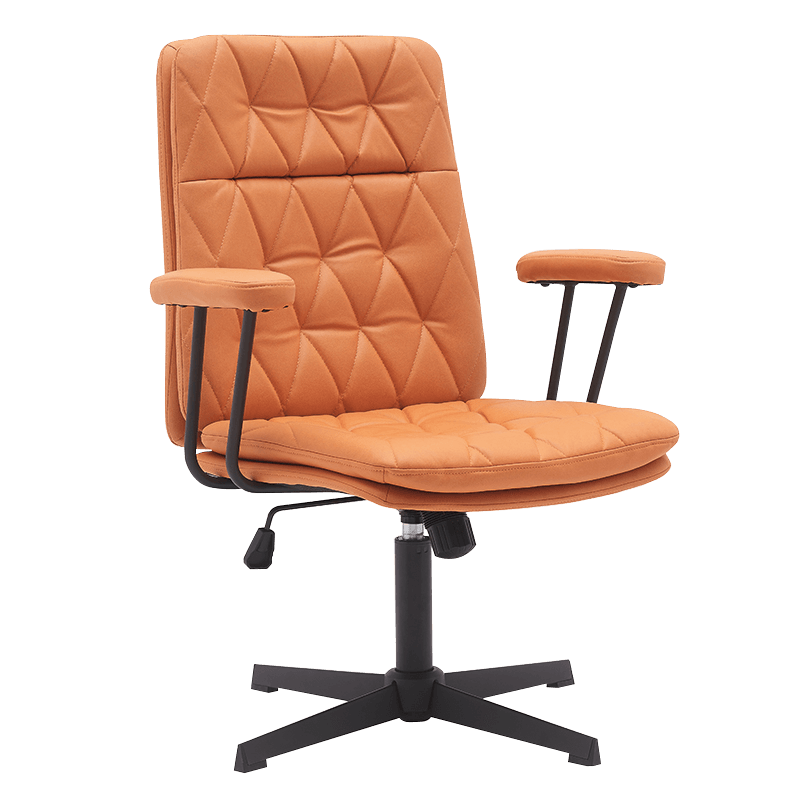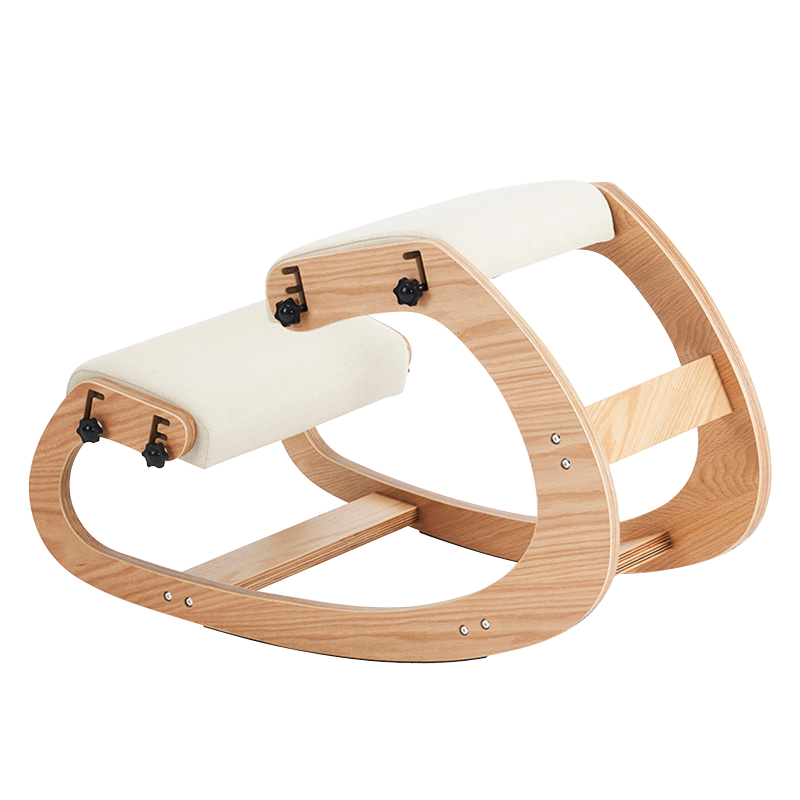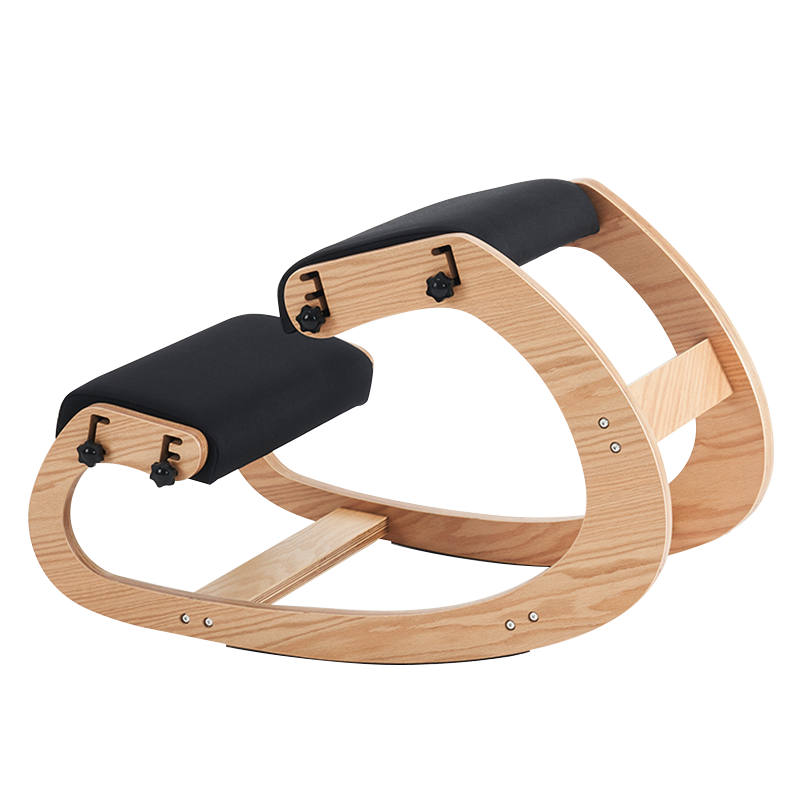Why High Back Secretary Chairs Are Redefining Office Comfort?
2025-09-25
The secretary chair has long been an essential part of the office environment, offering both function and form to support daily tasks. Over time, its design has evolved from basic seating to ergonomically refined furniture that influences posture, productivity, and workplace aesthetics. Among its diverse features, the high back structure stands out as a defining element. The rise of the high back secretary office chair signals a broader shift in workplace ergonomics, addressing the demand for comfort, durability, and efficiency.
The Rise of Ergonomic Priorities
As modern work patterns extend sitting hours, ergonomic seating has become critical. The secretary chair is no longer just a workstation accessory; it is a vital tool that directly impacts health and performance. The high back secretary office chair responds to this need by offering enhanced support to the spine, shoulders, and neck. This structural feature ensures proper alignment, reducing long-term fatigue and supporting concentration during extended tasks.
Structural Advantage of High Back Design
The significant advantage of a high back secretary chair lies in its extended backrest. Unlike low or mid-back models, it covers the upper spine and provides a resting surface for the shoulders. This makes it particularly suitable for professionals engaged in administrative, clerical, and creative work where focus and prolonged sitting are unavoidable.
A high back structure allows for pressure distribution across the entire spinal column, reducing strain on individual vertebrae. This design feature integrates seamlessly with other ergonomic elements such as adjustable height, lumbar support, and padded armrests.
Core Functions of Secretary Chairs with High Back
To illustrate the technical and functional advantages, the table below highlights the structural aspects of a secretary chair compared with other variations.
| Feature | High Back Secretary Chair | Mid-Back Secretary Chair | Low-Back Chair Option |
|---|---|---|---|
| Back Support Coverage | Full spine and shoulders | Upper and mid spine | Lower spine only |
| Ergonomic Benefit | Posture alignment, neck relief | Moderate comfort | Minimal support |
| Best Use Scenario | Extended office work, executive tasks | General desk tasks | Short-term sitting |
| Typical Additions | Lumbar cushion, headrest, armrests | Basic swivel, height adjustment | Lightweight design |
Integration of Mobility and Functionality
The secretary chair with wheels and adjustable height has become an industry standard. Yet, the integration of these features into a high back design is particularly impactful. The swivel mechanism, combined with a supportive structure, allows professionals to move fluidly between tasks without compromising comfort.
Mobility paired with ergonomic design contributes to improved task efficiency. For smaller workspaces, such as compact offices or home setups, a secretary chair for small office space with high back support delivers an ideal balance of function and space management.
Material Influence on Comfort and Aesthetics
The choice of material in secretary chair production also shapes its role in the office. A leather secretary chair with armrests conveys durability and prestige, suitable for formal work environments. Meanwhile, the secretary chair with mesh back and padded seat enhances breathability and is favored for spaces requiring lighter and more flexible design solutions.
For specialized aesthetics, a vintage wooden secretary chair with cushion brings traditional craftsmanship into a modern setting, while a modern secretary chair for home office focuses on sleek lines and multifunctionality. Each material complements the high back feature differently, but all support the same goal of balanced comfort and functionality.
Compact Design in Contemporary Spaces
With the growing prevalence of remote work and limited space offices, the compact secretary chair for writing desk has gained prominence. Here, the high back design plays an important role by ensuring that even in constrained environments, seating comfort is not sacrificed. A secretary chair without wheels for study room applications further demonstrates adaptability, offering stability while retaining ergonomic value.
Industry Implications and Design Evolution
The increasing popularity of the high back secretary office chair reflects broader industry trends:
Ergonomic Innovation: Continuous refinements in posture support and spinal alignment.
Space Adaptation: Adjustments for compact office layouts and multifunctional home spaces.
Material Diversity: Expanded use of breathable fabrics, high-quality leather, and sustainable wooden structures.
Hybrid Work Demands: Designs that cater equally to professional office setups and flexible home environments.
Practical Applications Across Office Environments
The high back secretary chair demonstrates versatility across different sectors. In executive offices, it contributes to a formal and authoritative atmosphere. In collaborative environments, the ergonomic structure ensures team members maintain comfort during long discussions. In creative industries, the mobility and adjustability features help adapt quickly to different workflows.
Comparative Analysis of Key Product Variants
Another way to understand the market relevance is to compare commonly available secretary chair models, categorized by function and user preference.
| Type of Secretary Chair | Primary Feature | Ideal Application |
|---|---|---|
| Ergonomic secretary chair with lumbar support | Enhanced spinal alignment | Long office hours, professional tasks |
| Secretary chair with mesh back and padded seat | Breathable and lightweight design | Warm climates, flexible workspaces |
| Leather secretary chair with armrests | Prestige and durability | Executive and formal environments |
| Vintage wooden secretary chair with cushion | Aesthetic tradition with comfort | Classic décor, heritage-inspired offices |
| Modern secretary chair for home office | Sleek and compact design | Remote work, limited space settings |
The continued innovation in secretary chair design, particularly in the high back category, indicates a shift in office culture. Comfort and health have become as important as efficiency, reshaping the furniture industry’s development strategies. Demand for the secretary chair for office environments continues to grow, pushing manufacturers toward greater focus on ergonomic research, material sustainability, and adaptive design.


 Language
Language English
English Français
Français Español
Español Deutsch
Deutsch